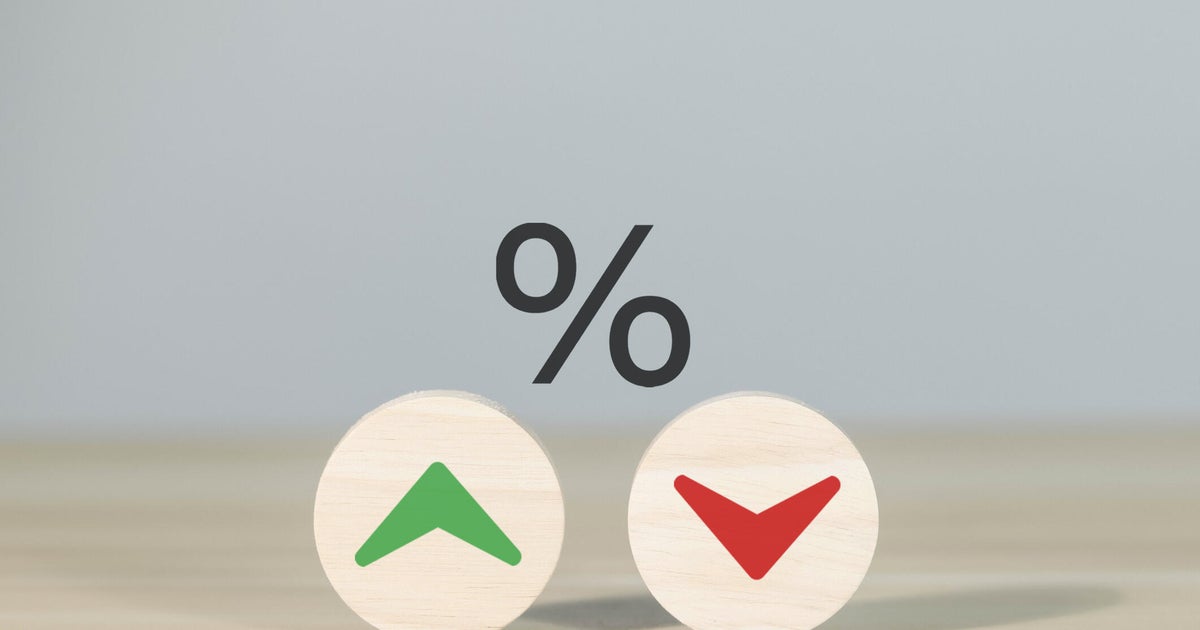The top 4 savings goals to have right now
Having the right savings plan in place is a large (and important) component of a solid financial strategy in any economic environment. Without the right strategy for your savings, it's hard to know how much to put away each month — or whether you're on track to meet your goals.
And having the right savings plan is particularly important in a challenging economy. After all, you never know when you'll need to tap into your emergency fund or dip into your savings.
We're facing some of those challenges right now, as stubborn inflation has caused everything we buy to be more expensive and recession concerns have caused turmoil in the job market. So, if you want to make sure your savings goals are on track with the current economic environment, here's what you should focus on.
Explore what you could be earning in interest with a top savings account now.
The top 4 savings goals to have right now
To ensure you're on solid financial footing, add these four big goals to your savings strategy.
Build up your emergency fund
An emergency fund is a financial safety net that provides a cushion if you have unexpected expenses, such as medical emergencies, car repairs or sudden job loss. Financial experts often recommend saving three to six months' worth of living expenses in this fund.
This money should be easily accessible - preferably in a separate savings account - to ensure you can quickly address any urgent situation without resorting to high-interest credit cards or loans. While you have numerous account options for this fund, one of the best right now is a high-yield savings account.
Regular savings accounts currently offer an average rate of just 0.42%, but many high-yield savings accounts are offering 5% or more. You'll get the same easy access to your money that you would with a regular savings account, but your interest earnings will be much higher.
Take action now and learn what you could earn with a high-yield savings account.
Save to pay off your debt completely
Earlier this year, the average credit card rate hit 20.92% — the highest it's been since the Federal Reserve started tracking card rates. So if you have credit card or other high-interest debt, it's crucial to get rid of it now. Because rates are high, you should try to pay off this debt before tackling other debts, like student loans.
Earning extra interest on the money in your savings can expedite the process, so it's worth considering a high-yield savings account to store your savings. Or, you can pick up a side gig or hustle to have extra money to put toward your debts. Once you've paid off your high-interest debt, you can then focus on paying off the rest.
Put away money for big purchases
If you're planning on making a big purchase, such as a car, house, or even a big vacation, it's important to save up for it rather than using a credit card or loan to pay for it. Putting away money for big purchases will help you avoid high-interest debt and make the purchase easier on your finances.
As with your other savings goals, a high-yield savings account is a good option right now since rates are higher than normal. But the rates tied to these accounts are variable, and if rates decline, your interest earnings could too.
For big purchases you aren't planning to make in the near future, a better option may be a certificate of deposit (CD). Rates on CDs are just as high right now, but you'll lock in the same rate for the entire term.
Save for retirement (or early retirement)
Retirement may seem like a long way off, but it's never too early to start saving. One of your savings goals should be to contribute regularly to retirement accounts, like a 401(k) or an individual retirement account (IRA). Many employers offer matching contributions to 401(k) plans, which is essentially "free money" you shouldn't miss out on.
Aim to save at least 10% to 15% of your income for retirement. If you're aiming for early retirement, you might need to save even more aggressively and consider investment options that offer liquidity before the traditional retirement age.
The bottom line
Financial success doesn't happen overnight. It's the result of careful planning, disciplined saving and making informed decisions. By focusing on these goals and taking advantage of the savings tools available to you, you'll be well on your way to achieving a stable financial future.




